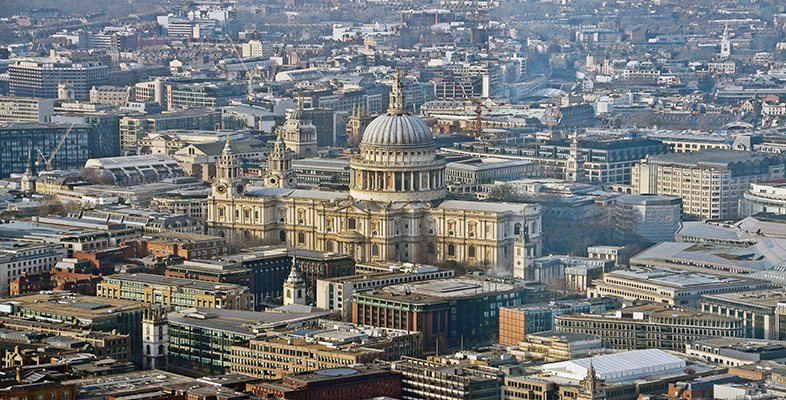2.1.1 The rights provided by Magna Carta
The introduction of the Magna Carta in 1215 outlined the position of the monarchy and the people of Britain. The Magna Carta provided rights, such as the right to a fair trial. It also subjected the monarch to the rule of law, which ensured that everyone was subject to the law. This supported the development of the common law system and the beginning of democracy in the UK.
Since the Magna Carta was created, the UK legal system has developed a framework that should enable citizens of the UK to express their views and have a voice during the creation of the legal rules. This course will enable you to be able to explain how these legal rules are created and who creates them. In order to achieve this understanding you need to consider the notion of democracy. The possible contexts for considering and exploring the notion of democracy include the idea of an elected body representing you in the Westminster Parliament and/or through one of the legislative bodies in Wales, Northern Ireland or Scotland.
Activity 1 Democratic questions
Watch this short film on how power is controlled in a democratic society. Make some brief notes on the idea of representative democracy, on government and on Parliament in the UK.
Transcript: Activity 1 Democratic questions
[LAUGHTER]
[LAUGHTER]
[LAUGHTER]
[CAR ALARM]
Now, explain in your own words:
- a.what a democratic society is
- b.what a government is
- c.the difference between the House of Commons and the House of Lords.
Comment
A democratic society tries to ensure everyone is treated equally and fairly. The rule of law applies to everyone and no one is above the law. The will of the people is reflected in the legislation that is created by a legislative body, such as the Westminster Parliament, which is made up of two Houses: the House of Commons and the House of Lords.
A democratic society will prevent a dictatorship. A very simple definition of dictatorship is that power is vested in one person who decides how a country is run. The will of the people is ignored when you have a dictator, whereas a democratic society is based on the principle that a system is in place to elect individuals to represent you in a parliament.
The voting system in the UK allows every UK citizen who is over the age of 18 to vote for a candidate who is standing as a Member of Parliament, unless they are subject to any legal incapacity to vote, such as a person who has been found guilty of a crime and is either serving a prison sentence or being detained while waiting to be sentenced. It is through Parliament that new laws are made and old ones repealed. Parliament is made up of the House of Commons and the House of Lords. Members of the House of Commons are elected by those citizens in the UK who vote during the general election. Members of the House of Lords are not elected: they are either appointed through a committee or are life peers. The House of Lords will be explained in more detail as you progress through this course.
The political party which obtains the most votes during the general election will be invited by the monarch to form a government. The government is a separate political entity from Parliament. The government is responsible for the running of the country, creating and implementing any policies and drafting new legislation. Parliament is responsible for holding the government to account, checking proposed legislation, and debating and approving or rejecting new legislation.
It is the role of the first minister, who is commonly known as the Prime Minister, to take responsibility for forming the government and to appoint members of the government to take responsibility for specific areas, such as health or education.
You have now considered what a democracy is and how a democratic process forms part of what might be considered to be a fair and just society. The democratic process as it operates in the UK will now be explored.
